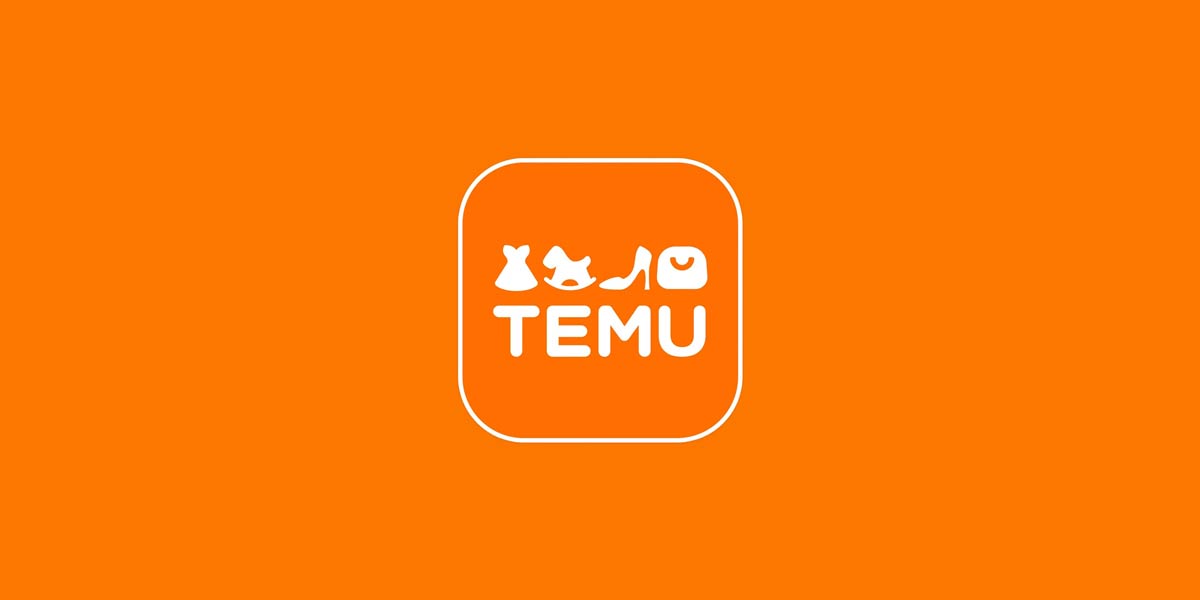Starting 20 March 2025, access to the Chinese online marketplace Temu has been officially blocked in Uzbekistan for failing to register locally and comply with new e-commerce regulations. This move, led by the National Agency for Perspective Projects (NAPP) and backed by the State Tax Committee, has stirred conversations across the region.
Temu, a fast-expanding platform under China’s PDD Holdings, made headlines in 2024 with an aggressive global push. Backed by a staggering USD 4 billion marketing and discount budget – expected to grow to USD 10 billion in 2025 – the company rode into markets like Uzbekistan. Temu ranked No. 2 on the Uzbek App Store and topped Google Play and this trend triggered deep concern among local authorities.
The regulatory backdrop
In late December 2024, Uzbekistan rolled out a series of rules aimed at foreign e-commerce operators. Effective 1 July 2025, all such platforms must register in two official registries, including one dedicated to e-commerce. More importantly, a legal entity must be incorporated locally – a clear localisation push designed to ensure tax compliance and consumer protections.
Temu, however, was operating outside this framework, which, according to NAPP and the Tax Committee, led to tax leakages and regulatory blind spots. In 2024 alone, authorities estimate that more than USD 10 million in payments flowed out of the country via Temu, with no tax or customs duties paid.
Kamronbek Muhammadiyev from NAPP cited Turkey’s response to Temu as an instructive example—there, regulators outright banned the app to protect domestic players like Trendyol. Uzbekistan has taken a similarly firm stance, calling on citizens to cancel existing orders, request refunds, and avoid submitting personal data to platforms that remain unregistered.
Interestingly, Temu has now responded. As of 14 March, it registered a legal entity in Uzbekistan. On the surface, this could be read as a step toward compliance – but there’s more to it. Authorities clarified that registration alone isn’t enough: the company still owes about UZS 46 billion (USD 3.6 million) in taxes and must fully integrate into the local fiscal system to issue proper receipts. Until those requirements are met, the app remains blocked.













